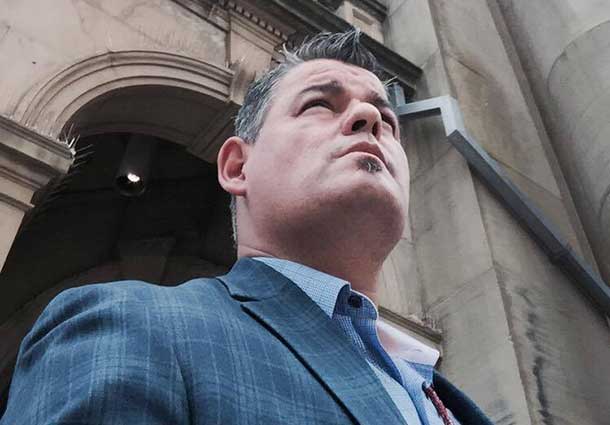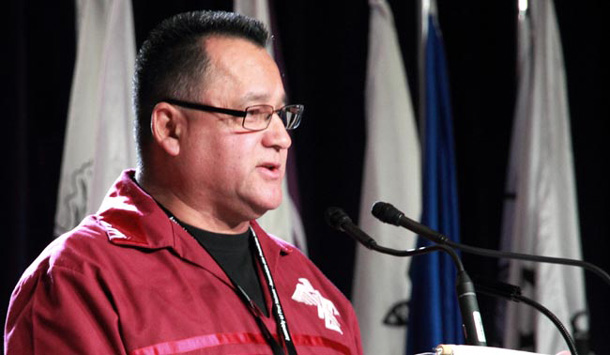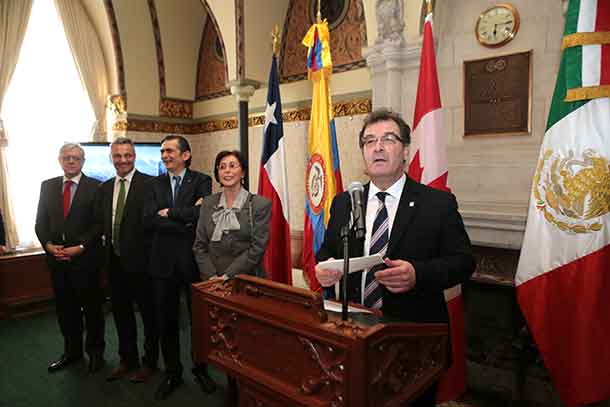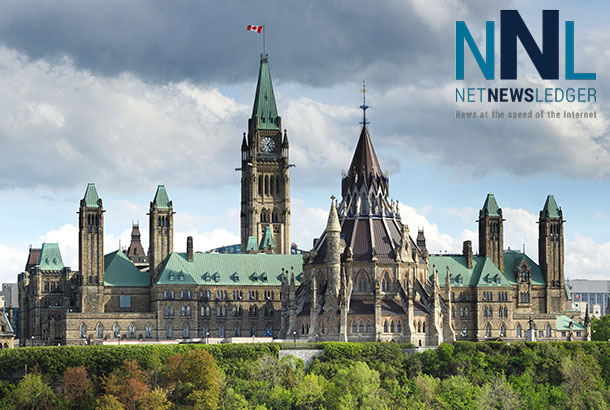
THUNDER BAY – “Today’s federal budget has taken a significant step towards addressing the desperate health needs of First Nations, particularly those suffering mental health issues,” said Ontario Regional Chief Isadore Day, who is also chair of the national AFN Chiefs Committee on Health. “We asked for an additional investment of $1.58 billion in health. While the $828 million over five years falls short, it will still go a long way towards addressing and reversing the critical health problems that plague our Peoples on a daily basis.
“In addition, the federal government remains committed to participating in an Indigenous Health Forum to be held this summer, which will enable First Nations to ensure that specifically targeted funding and programs are in place at the community level. Our children and our Elders need to access basic health care and medical services in a timely manner, without delay due to lack of funding or bureaucratic red tape.”
Federal Budget 2017 will also invest several billion dollars in new funding over five years on housing, water treatment systems, health facilities and other community infrastructure. The government remains committed to eliminating all Boil Water advisories by March 2021. While no new housing funding has been identified, the government remains committed to fully including First Nations in a new national housing strategy.
Since the fall of 2015, Chiefs of Ontario have presented five key areas that must be immediately addressed by the federal government:
- Ending the First Nation health crisis, which can only be addressed by fixing the water crisis, ensuring access to health services, and fixing health benefits for First Nations;
- Eliminating abject poverty through investments in housing, healthy affordable food, infrastructure, education and training;
- Immediately implementing mental health and addiction services to address the youth suicide crisis, prescription drug abuse, and mental wellness;
- Recognizing First Nation authority over land and resources, as recognized within our Treaties; and
- Access to new technologies, such as broadband internet and green energy.
“We cannot lose another child to suicide, to contaminated water, to entirely preventable diseases,” said Regional Chief Day. “We cannot lose another child, another woman, to the despair that breeds senseless violence in our communities, and on the streets of towns and cities across Canada.
“We are still awaiting confirmation that the 2 percent funding cent cap has been removed and replaced with a funding escalator of at least six percent. The 2 per cent cap has resulted in an accumulated shortfall of $30 billion over the past two decades. In addition, it remains unclear as to if the government will heed our calls and commit to investing heavily and immediately in First Nations Child welfare. Further, we will be seeking clarification on how the Cabinet Working Group on legal policies and legislations intends to engage with First Nations directly. Finally, further investment in First Nations Policing remains status quo, however investment cannot be properly utilized without First Nation community and provincial government involvement.
To date, our Chiefs and band administrators are not seeing any significant funding increases to address abject poverty,” said Regional Chief Day. ”We continue to rely upon INAC Minister Bennett and Health Minister Philpott to ensure their bureaucrats begin to act effectively and efficiently — in coordination with their provincial counterparts — on health, child care, clean water, and education.”
“In closing, it will take several days to fully analyze the budget and confirm new funding in areas such as child care, policing, training, and post-secondary education,” said Regional Chief Day. “However, there is more room for optimism that there is light at the end of the tunnel of darkness and despair that grips far too many of our Peoples. The real work for First Nation leadership includes taking full control of the funding and services currently provided by both the federal and provincial governments. One day, a future federal budget will simply transfer the funds to our regions and communities where our children will be the bureaucrats in control of happy, healthy communities.”




